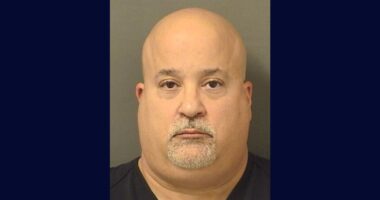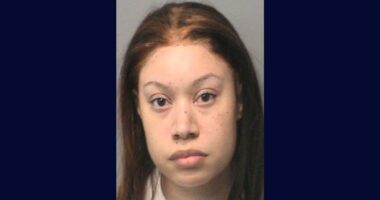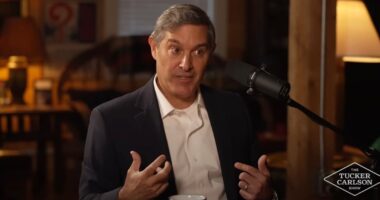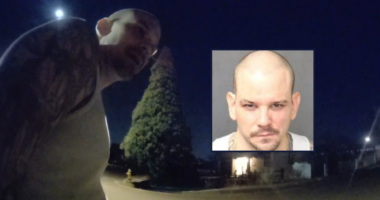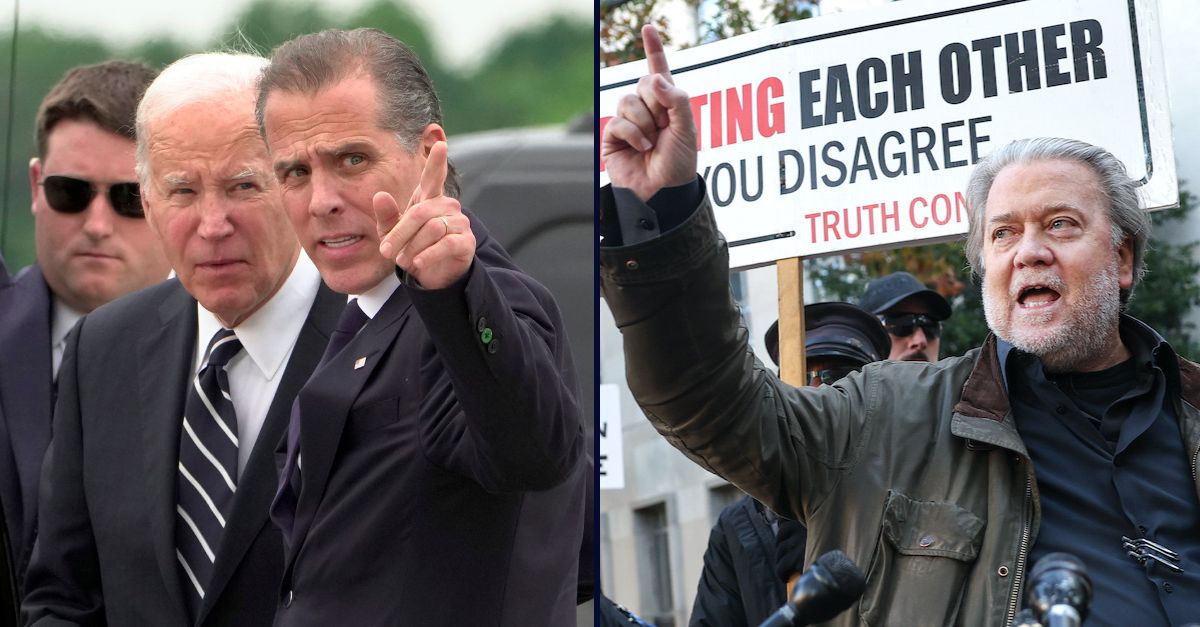
This excerpt contains only one paragraph.
The special counsel appointed to prosecute Hunter Biden for felony tax crimes in California is refusing a request from Hunter Biden’s attorney to have the case against the president’s son dismissed despite President Joe Biden issuing a blanket pardon for any federal crimes his son may have committed over the last decade. Hunter Biden’s attorney’s moved for dismissal of the charges Sunday evening.
In Monday response, special counsel David C. Weiss said the federal government opposes the request to dismiss Hunter Biden’s indictment, arguing that even when a defendant is pardoned by the president, no law or governing rule requires that the charges against that defendant be dismissed.
“[D]efense counsel asserted, without any legal support that, ‘a Full and Unconditional Pardon requires dismissal of the Indictment against him,’ and further that the pardon ‘requires an automatic dismissal of the Indictment with prejudice,”” Weiss wrote. “Defense counsel misrepresents the law. Nothing requires the dismissal of the indictment in this case.”
Prosecutors, who also noted that Hunter Biden’s attorney failed to send them a copy of the actual pardon, are not seeking to continue prosecuting Hunter Biden. Rather, they are asking U.S. District Judge Mark C. Scarsi to administratively close the case against Hunter Biden by terminating his name from the docket and noting that the charges he faced “were disposed of by ‘a full pardon granted.’”
Hunter Biden’s attorney on Monday afternoon formally filed a copy of his client’s pardon with the court.
After pardoning his son, President Biden issued a statement in which he griped about Hunter Biden being unfairly treated by the Justice Department, sounding somewhat Trumpian in his reasoning.
“Without aggravating factors like use in a crime, multiple purchases, or buying a weapon as a straw purchaser, people are almost never brought to trial on felony charges solely for how they filled out a gun form,” the president said. “Those who were late paying their taxes because of serious addictions, but paid them back subsequently with interest and penalties, are typically given noncriminal resolutions. It is clear that Hunter was treated differently. The charges in his cases came about only after several of my political opponents in Congress instigated them to attack me and oppose my election.”
In the government’s opposition filing, prosecutors also emphasized that they took the same position with regard to dismissing charges following the pardoning of another high-profile individual, former White House strategist Steve Bannon.
“The court in Bannon found that, ‘[n]either the Government nor Bannon has cited authority binding on this Court as to whether the correct course is to administratively terminate Bannon, or to dismiss the Indictment against him,’” the special counsel wrote.
In the Bannon case, U.S. District Judge Analisa Torres ultimately ruled in Bannon’s favor, reasoning that the “majority of courts” faced with the same decision had “chosen” to dismiss the indictment when dismissal is requested by the pardoned defendant.
However, Torres ended her ruling by extensively citing to case law suggesting that the acceptance of a pardon acknowledged the truth behind the allegations.
Biden’s attorney classified prosecutors’ response as “paradoxical” in a Monday afternoon response to their refusal to dismiss his case.
According to the filing:
Further undermining the Special Counsel’s claim is his reliance upon an argument that he acknowledges has already been rejected. The Special Counsel repeats the very argument that the government made in Bannon, that the Court should administratively terminate the case, rather than dismiss the Indictment. But the Special Counsel acknowledges that the Bannon court rejected that argument and dismissed the indictment as to him. This Court should reject that same argument and dismiss the Indictment as well.
